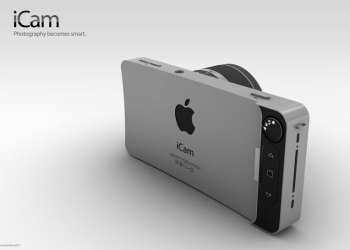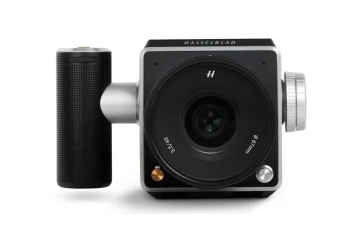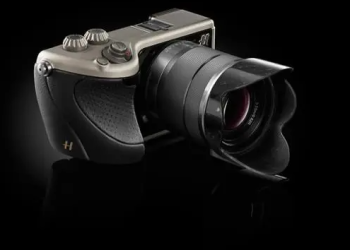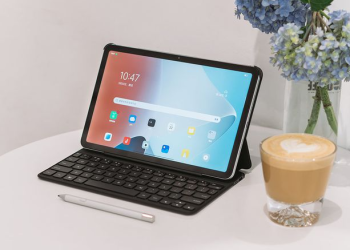Introduction
Selecting the right headphones is crucial for enjoying your music, podcasts, and videos to the fullest. With numerous options available, it’s essential to understand your preferences and needs to make an informed decision. In this guide, we’ll explore the factors to consider when choosing the perfect headphones for you.
Understanding Headphone Types
Over-Ear Headphones: Provide immersive sound and superior comfort with large ear cups that enclose the ears completely, ideal for extended listening sessions at home or in the studio.
On-Ear Headphones: Compact and portable, on-ear headphones sit on the ears without fully enclosing them, striking a balance between comfort and sound isolation for on-the-go use.
In-Ear Headphones (Earbuds): Compact and lightweight, in-ear headphones fit snugly into the ear canal, offering convenience and portability without sacrificing sound quality.
True Wireless Earbuds: Offering ultimate freedom and convenience, true wireless earbuds are completely cable-free, providing a hassle-free listening experience for active lifestyles.
Considerations for Choosing Headphones
When selecting headphones, consider factors such as:
Sound Quality: Ensure clear, balanced sound reproduction with adequate bass, midrange, and treble frequencies to suit your music preferences.
Comfort and Fit: Choose headphones with cushioned ear pads or ergonomic ear tips for comfortable wear, especially during long listening sessions.
Noise Isolation/Cancellation: Opt for headphones with active noise cancellation (ANC) or effective passive noise isolation to block out external noise and enhance immersion.
Durability and Build Quality: Select headphones constructed from durable materials such as metal and high-quality plastics to ensure longevity and resilience to wear and tear.
Portability and Convenience: Consider the size, weight, and foldability of headphones for easy storage and transportation, particularly if you plan to use them while traveling.
Connectivity Options: Choose headphones with versatile connectivity options such as Bluetooth, wired, or both, depending on your device compatibility and preferences.
Battery Life: For wireless headphones, prioritize models with long battery life to enjoy uninterrupted listening without frequent recharging.
Determining Your Budget
Set a budget based on your preferences and requirements, considering:
Budget-Friendly Options: Affordable headphones that offer decent sound quality and features suitable for casual use.
Mid-Range Options: Offering a balance of performance and value, mid-range headphones provide enhanced sound quality and comfort without breaking the bank.
Premium Options: High-end headphones with advanced features, premium materials, and exceptional sound quality for audiophiles and professionals.
Researching Brands and Models
Explore reputable headphone brands and models, considering:
Top Headphone Brands: Research renowned brands known for their quality craftsmanship and reliable performance, such as Sony, Bose, Sennheiser, and Audio-Technica.
Reading Reviews and Comparisons: Consult online reviews, comparisons, and user feedback to gain insights into the pros and cons of different headphone models and make an informed decision.
Seeking Recommendations: Seek recommendations from friends, family, or online communities to discover hidden gems and find the perfect headphones for your needs.
Testing Headphones
Before making a purchase, consider:
Trying Before Buying: Visit a local electronics store or headphone shop to test different models and experience their sound quality and comfort firsthand.
Paying Attention to Sound Quality: Listen to a variety of music genres on each pair of headphones to assess their sound signature, clarity, and detail across different frequencies.
Assessing Comfort and Fit: Wear the headphones for an extended period to evaluate their comfort and fit, ensuring they remain comfortable even during prolonged use.
Making the Purchase
When ready to buy, remember to:
Considering Warranty and Return Policy: Check the warranty coverage and return policy to ensure protection against defects and the flexibility to return or exchange the headphones if necessary.
Checking for Discounts and Deals: Look for discounts, promotions, and bundle deals to get the best value for your money and save on your headphone purchase.
Caring for Your Headphones
After purchasing your headphones, practice proper care and maintenance by:
Proper Storage: Store your headphones in a protective case or pouch when not in use to prevent damage from dust, moisture, and accidental drops.
Cleaning and Maintenance: Regularly clean your headphones with a soft cloth or brush to remove dirt, oil, and debris, and avoid using harsh chemicals or abrasive materials that may damage the finish.
Conclusion
Choosing the perfect headphones requires careful consideration of various factors such as sound quality, comfort, and budget. By understanding your preferences and needs, researching different brands and models, and testing headphones before buying, you can find the perfect pair to enhance your listening experience.
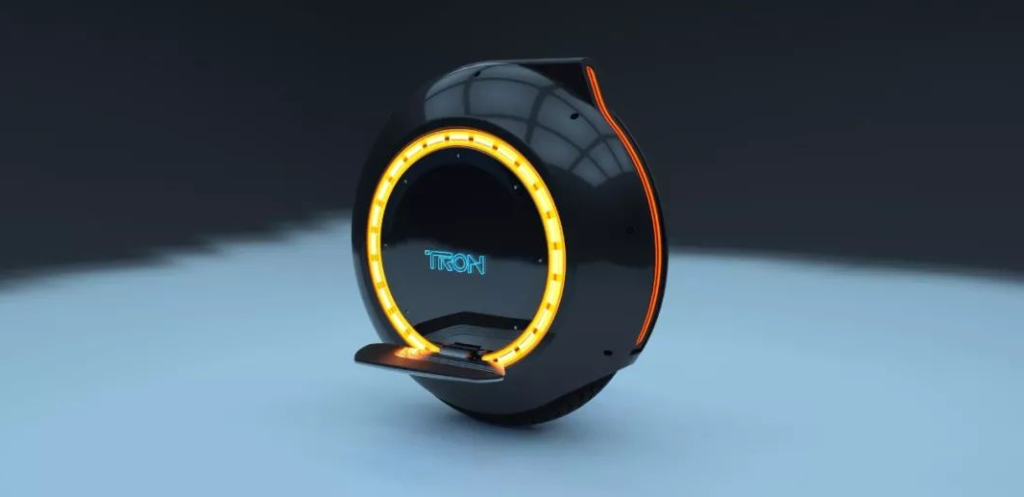
FAQs After The Conclusion
- What is the difference between noise isolation and noise cancellation?
- Noise isolation blocks out external noise passively by forming a physical barrier between your ears and the environment, while noise cancellation actively cancels out ambient noise using built-in microphones and electronic circuitry.
- How do I know if headphones are comfortable for long-term wear?
- Look for headphones with plush ear pads or adjustable headbands for a comfortable fit, and consider trying them on for an extended period to assess their comfort during prolonged use.
- Are wireless headphones better than wired headphones?
- It depends on your preferences and needs. Wireless headphones offer convenience and freedom of movement, while wired headphones typically provide better sound quality and reliability, especially for critical listening.
- What is the difference between open-back and closed-back headphones?
- Open-back headphones have perforated ear cups that allow air and sound to pass through, providing a more spacious and natural soundstage, while closed-back headphones have sealed ear cups that offer better noise isolation and enhanced bass response.
- Can I use headphones for gaming and watching movies?
- Yes, many headphones are suitable for gaming and multimedia consumption, but for an immersive experience, consider headphones with surround sound capabilities or dedicated gaming features.
- Do I need an amplifier for my headphones?
- It depends on the headphones and your audio source. Some headphones benefit from amplification to achieve optimal performance, especially high-impedance or studio-grade models, but many headphones can be driven adequately by smartphones, laptops, or portable music players.
- How do I prevent ear fatigue when wearing headphones for extended periods?
- Take regular breaks to rest your ears and reduce the risk of ear fatigue, and adjust the volume to a comfortable level to avoid hearing damage.
- Can I use noise-canceling headphones in noisy environments like airplanes?
- Yes, noise-canceling headphones are particularly effective in noisy environments such as airplanes, trains, or busy streets, where they can significantly reduce background noise and provide a more enjoyable listening experience.


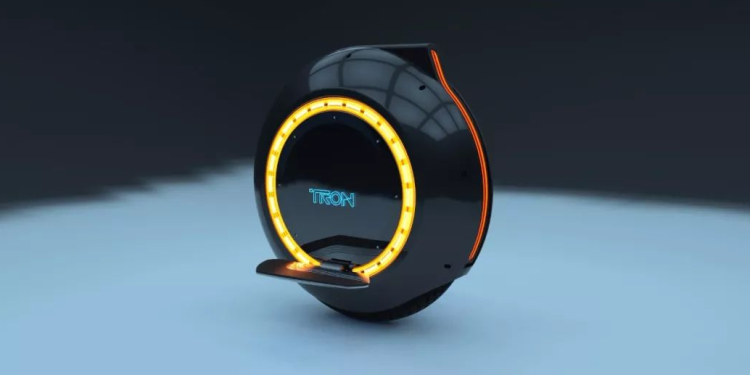
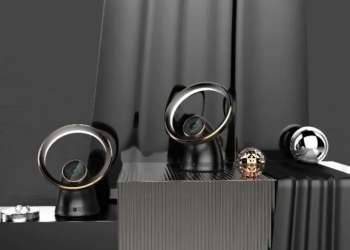
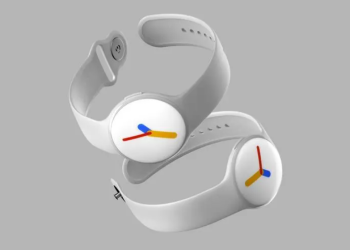


![Top 10 Wireless Earbuds of [Current Year]: Reviews and Comparisons](https://digital-electron.com/wp-content/uploads/2024/02/image-33-350x250.png)
